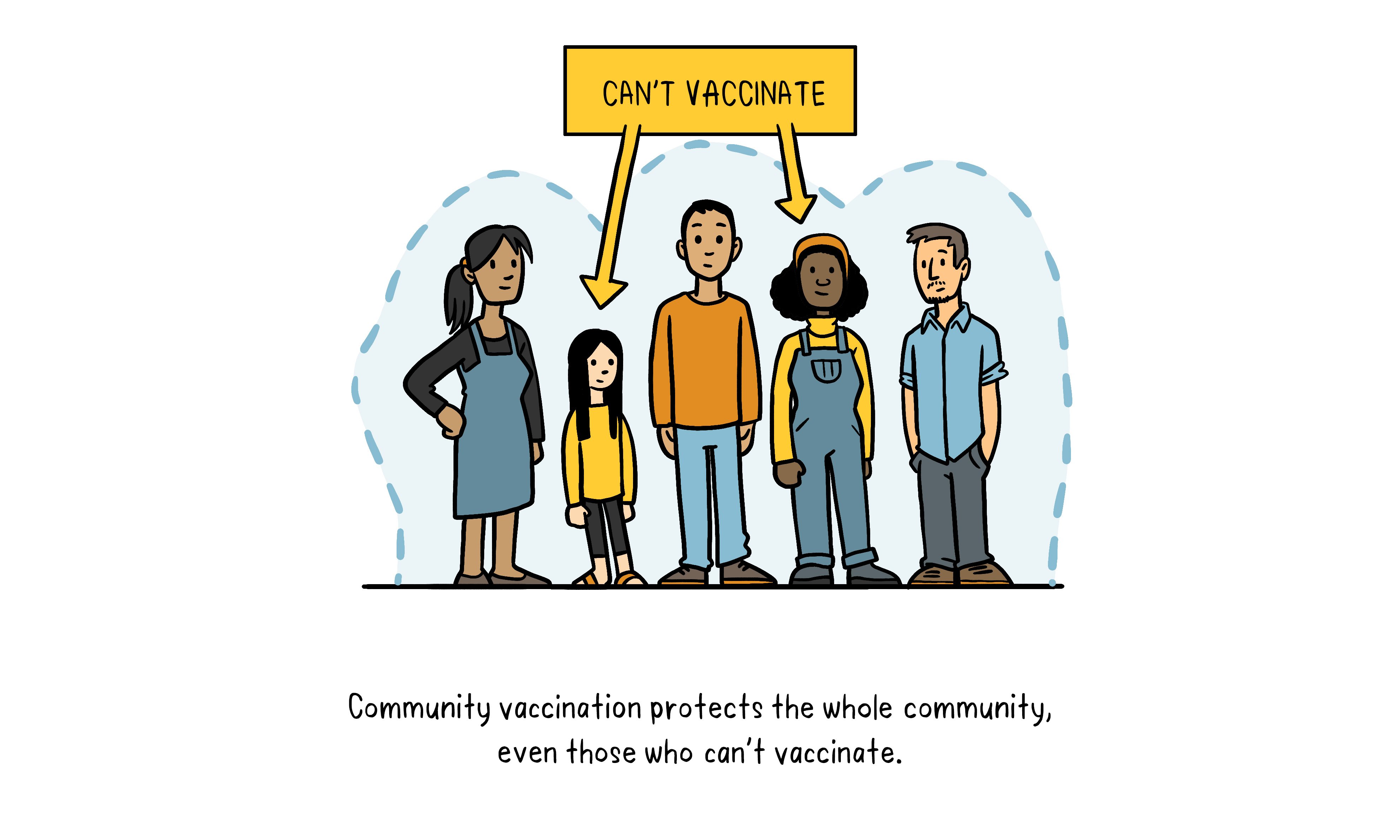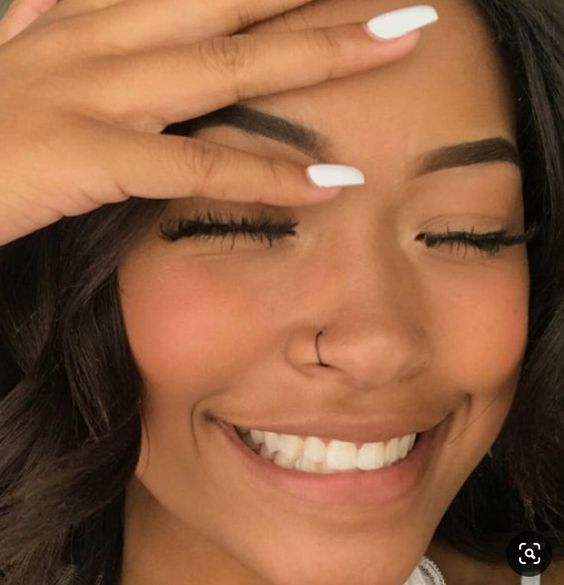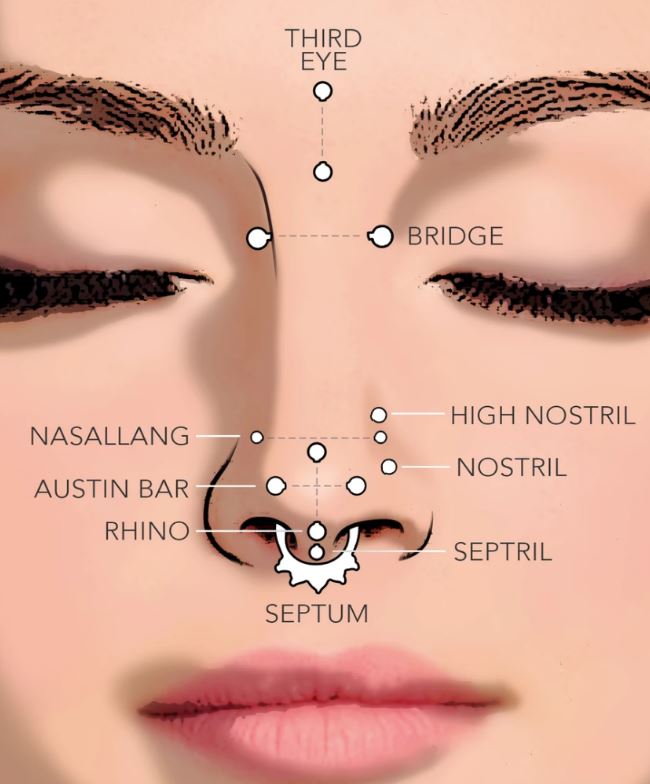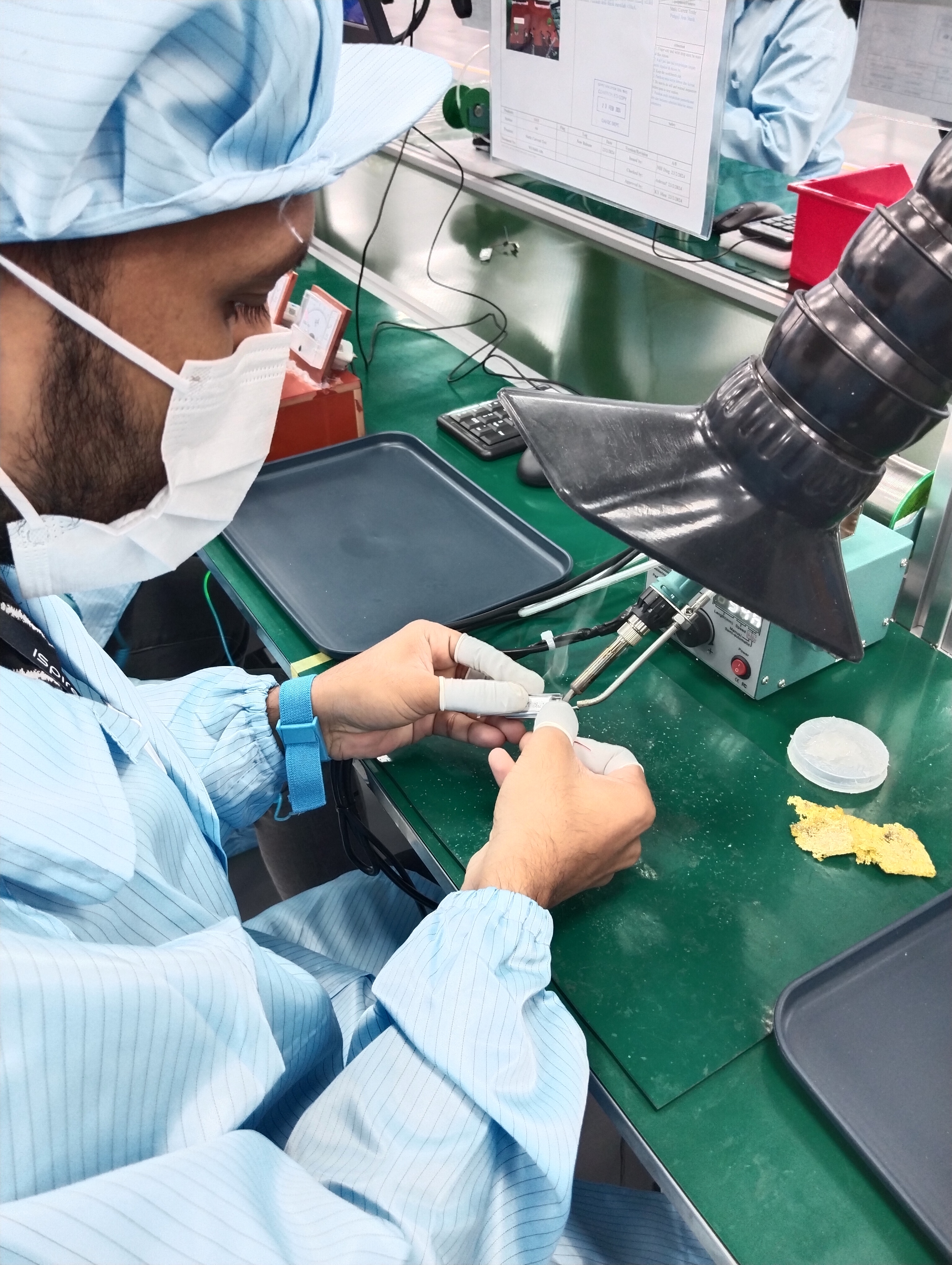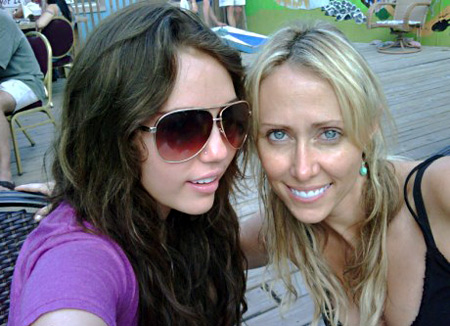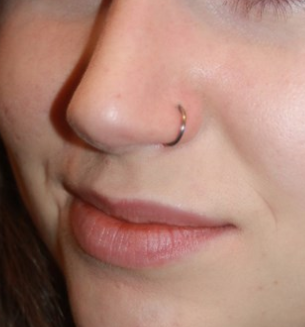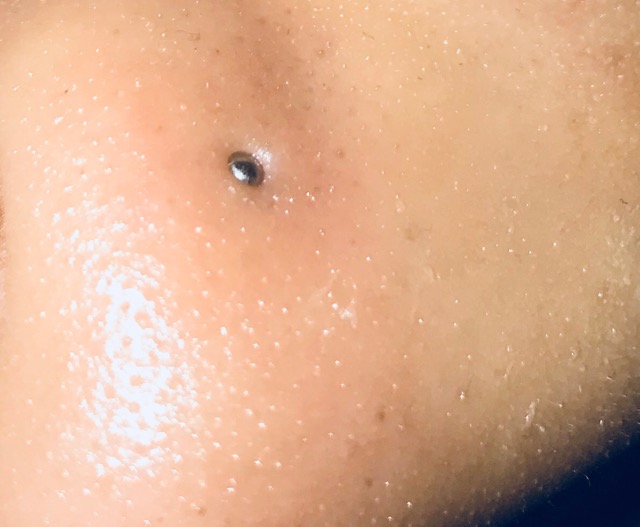Sponsor Ads
Non-China Vape, 510 Cartridges & Battery Device Maker
If you are going for a vape manufacturer out of China we are you best choice. We offer a alternative vape production location with a very competitive price. You can save money by buying directly from us the manufacturer, without any middlemen or extra fees. You can also enjoy discounts for bulk orders and special offers for long term & loyal customers.
We offer small trial orders where you can test the quality and performance of the products before placing a large order. Fast shipping and cheaper shipping cost from Malaysia and Singapore ports. You don't have to wait long to receive your products.
Contact Us!
Contribute for our website Maintenance! We want to keep it free for all visitors.
Trending Best Sellers
Building Trust in the Science of Vaccines
Trending Best Sellers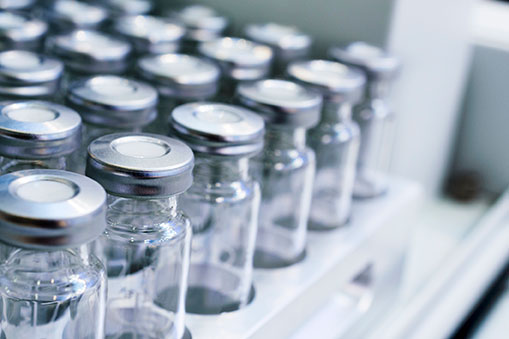
(NewsUSA) – During the pandemic, Geraldine Bradshaw, a school principal in Durham, North Carolina, volunteered for a clinical trial that tested one of the COVID-19 vaccines. She says her students inspired her to do so and she in turn wanted to inspire African Americans like herself. "It gave me the power to help pave a way for these children to have a better future," Bradshaw says, "and show them how important it is that people who look like them aid in the progression of science."Now, Bradshaw can see how her participation paid off, as half of adults are fully vaccinated."Science is part of the solution to ending this pandemic," says Gary H. Gibbons, M.D., director of the National Heart, Lung, and Blood Institute, part of the National Institutes of Health.And at every step on the pathway to scientific discovery, safety leads the way. Safety always guides the scientific pathway toward vaccines and treatments. Safety steers scientific leaders like Gibbons, who review and fund research. Safety, and science also inform recruitment of volunteers like Bradshaw, who partners with researchers and participate in clinical trials, frames the rigorous and continuous oversight of studies, determines regulatory approval, guides engagement efforts in communities, and directs doctors and nurses who bring these discoveries to patients.
Yet myths and misleading information have generated questions, confusion, and mistrust. This has spurred an effort for many communities, especially those hit hardest by COVID-19, to talk about why they should trust the science behind new vaccines and treatments."It is my passion to communicate the safety and efficacy of these vaccines, and how they work, to people in the community," says Ian Moore, Ph.D., a chief of infectious disease pathology at the National Institute of Allergy and Infectious Diseases, also part of the NIH, who oversaw safety at the earliest stages of vaccine research in the lab.Moore’s in good company. "I can say with the utmost confidence that this vaccine is safe and effective," says Lisa A. Cooper, M.D., M.P.H., a professor of medicine and public health at Johns Hopkins University, who reviewed and monitored Moderna’s COVID-19 vaccine trial, which proved safe and 94% effective at preventing severe illness. "My role allows me to ease any concerns raised by family and friends and make sure they continue to trust the science."And for many others on the scientific pathway, it’s personal."Part of my role as an infectious disease physician is developing certain clinical protocols," says Katya Corado, M.D., a researcher at the Lundquist Institute. "I am able to confidently provide details to our communities which have been devastated by COVID. I no longer want to see my parents, my grandparents, or my cousins dying of COVID."This type of outreach only seems to help. According to a Pew Research Center survey conducted in February, nearly 70% of all adults and 61% of Black adults planned to get vaccinated compared to 60% of all adults and 42% of Black adults polled in November.And according to the Centers for Disease Control and Prevention, among the more than 123 million adults who were fully vaccinated in May, approximately 1,949, less than .001%, reported severe COVID-19 illness.As a trusted messenger within his community, Olveen Carrasquillo, M.D., M.P.H., a chief of general internal medicine at the University of Miami, shares this type of news through community-engaged outreach. "As a Latino physician, with more than 20 years of experience, it is very important to me that our hardest-hit communities receive the care and education they need and deserve," he says. "To ensure my community survives COVID-19, I educate my patients, family, and friends on the science surrounding COVID-19 and vaccine development."And Chyke Doubeni, M.D., a family physician at the Mayo Clinic and a vaccine trial participant, shares, "I now tell everybody with confidence, that getting the vaccine is safe. I know, because I was involved."To learn more about COVID-19 science and resources in your community, visit https://covid19community.nih.gov.
Comments
What you think?
Recent Articles
-
Riche Niche: Health | Lifestyle | Fashion | Marketing | Technology
Mar 14, 25 09:18 AM
Our Riche Niche blog is the easiest way to stay up-to-date with the latest news, trends and articles published on this site. -
The Therapeutic Potential of Medical Cannabis Vaporization
Aug 05, 24 09:32 PM
The use of medical cannabis has been a subject of much debate and research over the years. With the growing acceptance of cannabis for medical purposes, various methods of administration have been exp… -
Amazon Spring Sale: A Season of Spectacular Savings
Mar 18, 24 08:38 AM
Amazon Spring Sale: A Season of Spectacular Savings -
Understanding Nose Piercing Types: A Guide for Teens
Mar 16, 24 09:19 AM
Explore the rising trend of nose piercings among teenagers, understanding the various types and their cultural implications for a stylish appeal. -
Infected Nose Piercing
Mar 16, 24 09:18 AM
You can expect symptoms of infected nose piercing to resemble any other kind of body piercing infection. -
EMS manufacturing services in Malaysia
Mar 09, 24 10:33 PM
Malaysia is one of the leading countries in Southeast Asia that offers EMS manufacturing services to both local and international clients. -
Laundry Business: The Need for Payment System Upgrades
Mar 08, 24 11:14 AM
Discover the benefits of upgrading your laundry business's payment system. Enhance efficiency, increase profits, and improve customer convenience. -
Nose Peircing Store
Feb 18, 24 02:38 AM
A collection of latest at our nose peircing store. -
How to Choose the Right Coffee Maker for Your Needs
Feb 18, 24 02:12 AM
We'll compare the pros and cons of four common types of coffee makers: drip, French press, espresso, and vacuum. We'll also give you some tips on how to choose the right one based on your preferences… -
Emulate Celebrities with Nose Piercings
Feb 06, 24 08:13 AM
Discover the celebrities with nose piercing and get inspired for your next piercing! From studs to septum rings, our list has it all. Read more! -
Types of Nose Rings
Feb 06, 24 08:11 AM
Types of Nose Rings -
Is my nose piercing ring is sinking in?
Feb 06, 24 08:10 AM
Is my nose piercing ring is sinking in? Or just swollen? -
Dry Herb Vape Pens-Discover the Advantages of Malaysian Made
Feb 04, 24 12:39 PM
Choose our non-China dry herb vape pen for its high production standards, strict quality control, and excellent craftsmanship. -
Trinity Nose Ring A Unique Fashion Statement
Feb 03, 24 08:36 PM
Explore the world of trinity nose rings, a unique piece of jewelry that adds elegance and style to your look. Understand the different types and choose the right one for you. -
Redefining Beauty: The Rise of Nose Piercing Trend in the USA
Feb 02, 24 08:34 AM
Explore the evolution of the nose piercing trend in the USA, from ancient tradition to modern expression of individuality.


